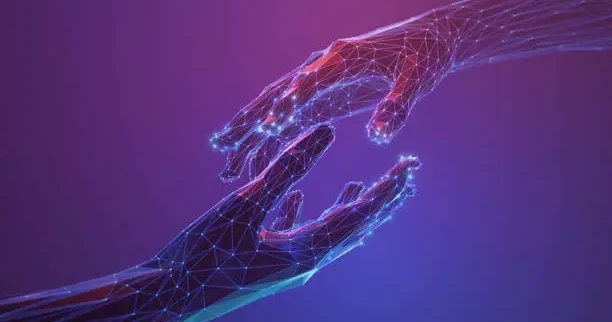
Quantum AI: Where Artificial Intelligence Meets the Power of Quantum Computing
The intersection of Quantum Computing and Artificial Intelligence (AI) represents one of the most transformative frontiers in technology today. Known as Quantum AI, this emerging discipline combines the reasoning power of AI with the processing capabilities of quantum mechanics to solve problems previously deemed intractable.
What is Quantum AI?
Quantum AI refers to the use of quantum computing to enhance artificial intelligence models and algorithms. Unlike classical computers, which process information as binary bits (0s and 1s), quantum computers utilize quantum bits (qubits) that can exist in multiple states simultaneously, thanks to principles such as superposition and entanglement. This allows them to process massive amounts of data in parallel, offering new possibilities for AI training, optimization, and decision-making at an unprecedented scale.
Quantum AI vs. Classical AI: What’s the Difference?
The primary difference between Quantum AI and Classical AI lies in how they process and handle data. Classical AI relies on traditional binary computing, where data is processed in bits—either 0 or 1. While powerful, classical systems often face limitations when it comes to solving highly complex problems or training massive AI models due to the sequential nature of data processing and hardware constraints. In contrast, Quantum AI leverages qubits, which can exist in multiple states simultaneously due to quantum properties such as superposition and entanglement. This enables quantum systems to process vast combinations of data in parallel, offering the potential to dramatically accelerate computations such as optimization, classification, and learning. Where classical AI might take days or weeks to train a large model, quantum-enhanced systems could significantly reduce that time. Additionally, Quantum AI offers the promise of solving problems with far fewer operations and resources, making it a potential breakthrough in areas where classical AI hits computational bottlenecks.
